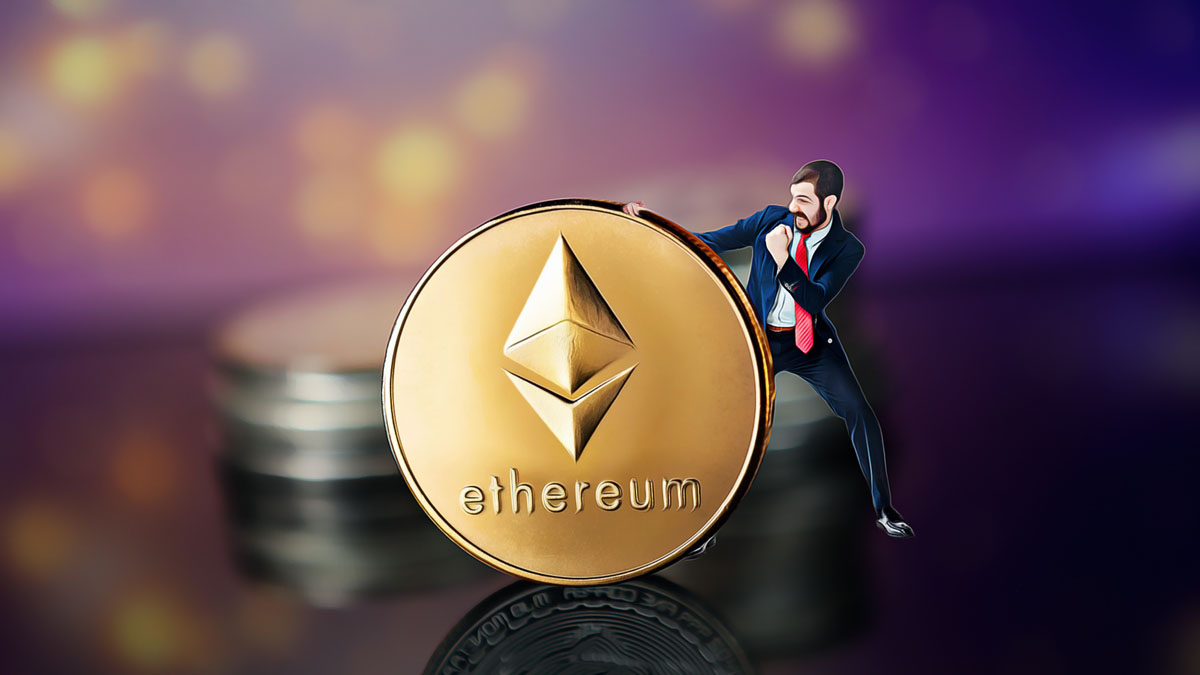Vitalik Buterin, the co-founder of Ethereum, recently shared insights on how the Ethereum ecosystem can progress while ensuring both decentralization and collaboration. He pointed out that the strength of this ecosystem is anchored in a diverse community of developers who work together toward common goals.
What Challenges Exist in Project Harmony?
Buterin acknowledged the difficulties in ensuring that various projects within the ecosystem operate cohesively. He expressed that “the fundamental challenge is to ensure that all projects build something that feels like a single Ethereum ecosystem.”
Why is Open Source Vital for Ethereum’s Success?
He outlined the necessity of alignment across values, technology, and economic principles to maintain a unified approach. Notably, he emphasized open-source practices as essential for security audits and avoiding proprietary lock-in, which would allow third-party enhancements to thrive.
Key takeaways from Buterin’s discussion include:
– A robust Ethereum ecosystem relies on a collaborative developer community.
– Value alignment should focus on open-source principles and public goods.
– Technological standards are crucial for cohesion among projects.
– Economic alignment should prioritize the use of ETH as a token.
– Open-source infrastructure is vital for security and innovation.
Buterin urged developers to prioritize decentralization and resilience in the educational aspects of their projects, advocating for solutions that enhance the Ethereum community and contribute positively to society. He firmly believes in Ethereum’s mission to foster a freer and more open world, promoting new ownership and collaborative models.












